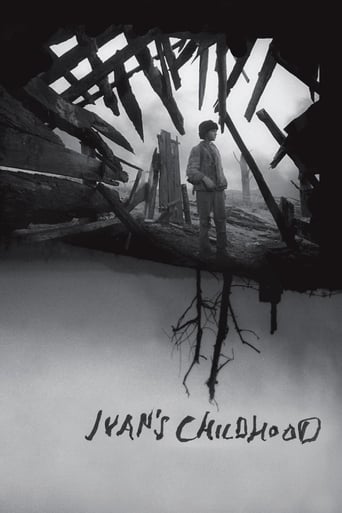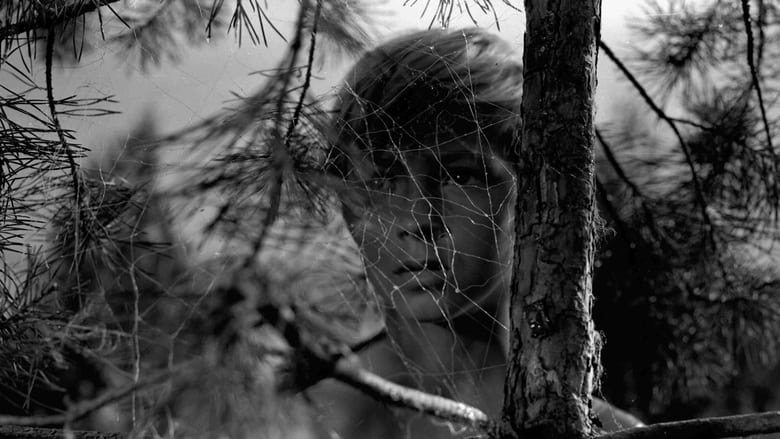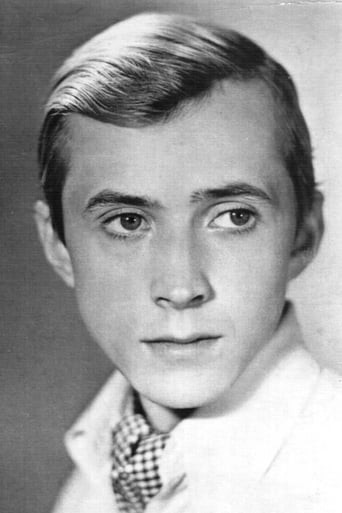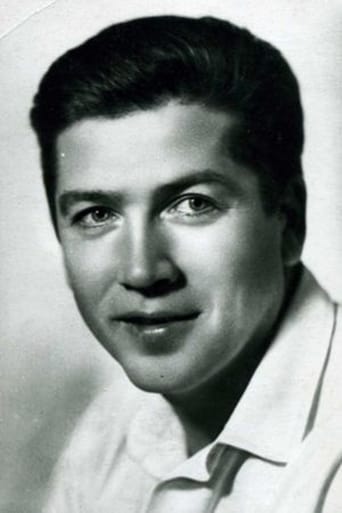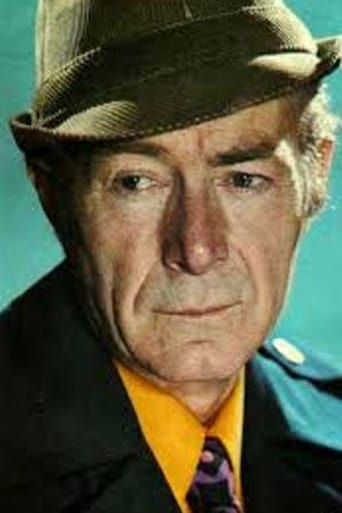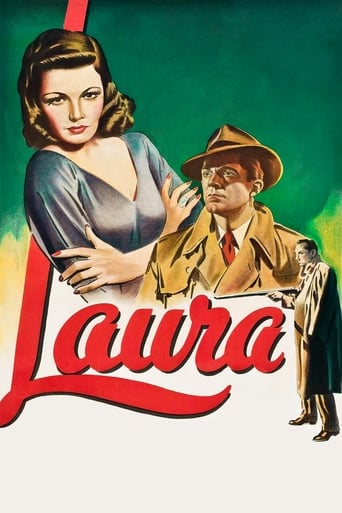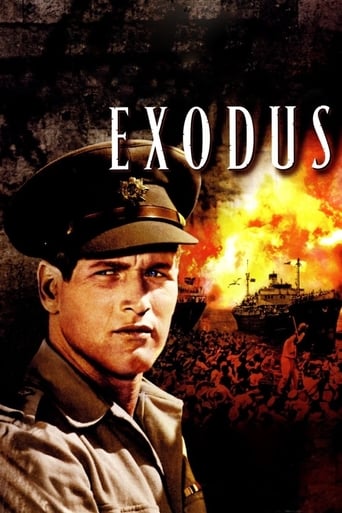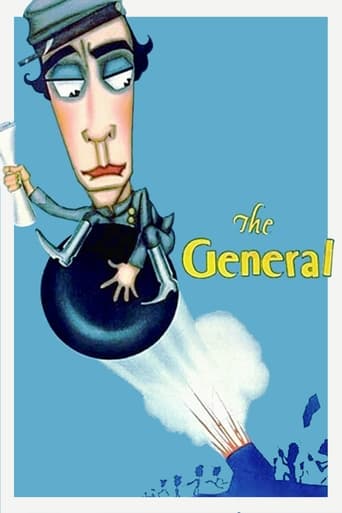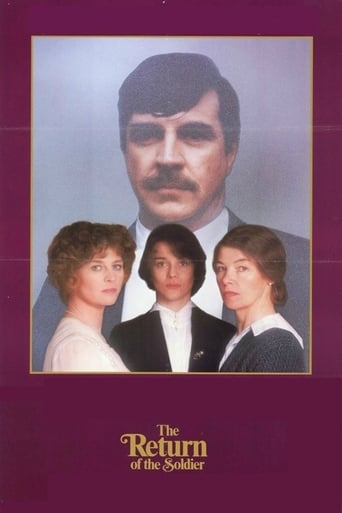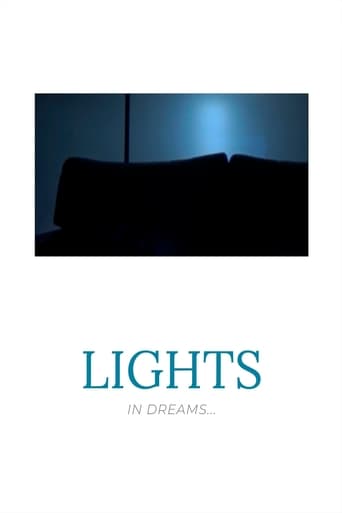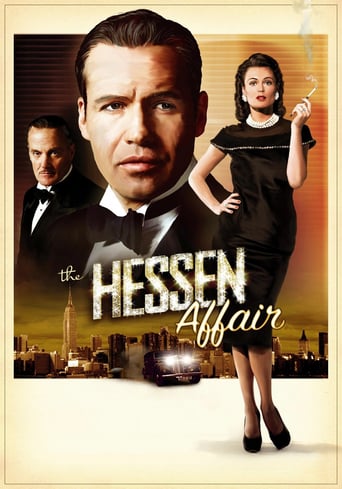Ivan's Childhood (1962)
In WW2, twelve year old Soviet orphan Ivan Bondarev works for the Soviet army as a scout behind the German lines and strikes a friendship with three sympathetic Soviet officers.
Watch Trailer
Cast


Similar titles
Reviews
Excellent, Without a doubt!!
All of these films share one commonality, that being a kind of emotional center that humanizes a cast of monsters.
It's the kind of movie you'll want to see a second time with someone who hasn't seen it yet, to remember what it was like to watch it for the first time.
The story, direction, characters, and writing/dialogue is akin to taking a tranquilizer shot to the neck, but everything else was so well done.
IVAN'S CHILDHOOD is the third film I've seen from acclaimed Russian director Andrei Tarkovsky, and the third I haven't liked. This was his first film, a black and white WW2 picture following the misadventures of a young boy with a burning hatred of the Nazis who ends up joining a group of Russian partisans to fight against them.The subject matter is engaging and there are some dark and nihilistic moments here, but for the most part IVAN'S CHILDHOOD is an arty bore. It's told in an annoyingly non-linear fashion with plenty of imagery but little in the way of concrete narrative. Much of it consists of soldiers sitting in a room talking which doesn't make for a very gripping experience, and I found the whole thing overrated and patience-testing.
Just at this very moment, that classic Jim Croce song starts playing in my head as I recall my screening of "Ivan's Childhood". Why is it that Tarkovsky, in nearly all of his films, has a wistfulness of the past, in a way that fogs his narratives so uniquely? After seeing "Mirror", I came to the conclusion that Tarkovsky is a cerebral artist, and much less of an actual filmmaker. For in that film, he used memories that nearly disjointed the entire piece, and eliminated the aspect of time and structure of narrative features. I thought of it, kind of like an Eisenstein montage of the recorded memory. So sitting down to "Ivan's Childhood", I fully expected it to be the same, as most filmmakers of his ilk don't stray from their artistic visions. What a surprise it was to know that the film displayed the best of Tarkovsky's creative vision, under the guise of what seemed to be a classic war picture. Ivan is such a wonderful character. He's a brave little boy, fighting for Russia in the midst of the worst times of WWII. The Nazi's were on the warpath, and everyone had to do their part in fighting to protect themselves from the ongoing threat of fascism. We know how hard Ivan can work to support his military, but he really doesn't want to be there. He'd rather go to sleep and dream of his mother, and the place of his childhood. We see visions of him and his mother, staring down upon a wishing well, or frolicking on a sunny beach. It's that longing sense of innocence and ignorance to the problems of the world. You might say that that's what all Europeans and Russians wished they could escape to during the atrocities of WWII. When it is revealed that his parents were taken away from him, thanks to the evils of the Nazi army, it is clear that this is war he has to fight, regardless of how badly he never wanted to be apart of it. WWII has sucked him in. There is no better understanding of this then the opening scene and long take of him emerging himself into a murky lake as he swims to his military base. The river overtakes him completely, as the main titles appear on screen. Tarkovsky is clearly trying to say something here. He's saying that there is no escape from war, and it forces you deep into the grimy depths of it. Even in the many scenes where he stays in the underground room, it seems even more apparent that he's trapped. Foreboding is the writings of German prisoners on the wall that warn of eventual death.The other characters of the film seem to be just as trapped as poor Ivan. For example, we see another Russian in the army, Captain Kholin, who romances a young Russian army nurse, during an assignment in the woods. The way he lifts her off of the ground and kisses her passionately as his legs splay over a short ditch in the ground seems like a silent cry for help. Even the most ardent of soldiers are desperate to escape this terror of a war. For just a fleeting moment, he wanted someone to fall in love with. When tensions are this high, do you blame him? Wouldn't you rather hold on to a beautiful woman, tight, instead of fighting in a world war? The ending of the picture is quite interesting, and many have analyzed its significance. Some have said that it is a flashback, but I have a different take on it. In retrospect, I thought of this final scene as Ivan making it to heaven, which consists of the happy times of his past. There is just something so touching about the final scene, that despite knowing that Ivan has been killed during war, he must have reached the place of his childhood in the end. He always found comfort in remembering the good times of his youth, and perhaps, let's say, he was sent back there to relive those days forever. The shot of the dead tree on the beach might just prove my point. The dead tree might be a symbol of passing on to the other side, in the midst of all the happiness that we see in the final scene. I genuinely feel, for certain, that Ivan went to heaven, and his memories are heaven to him. "Ivan's Childhood" is a sad story, but an excellent film by Tarkovsky, as he uses his exceptional talent of memories to convey loss and rejuvenation. There's a spirit to a Tarkovsky movie, despite having such a grim exterior. His movies are about life and death, and how we all must cope about our balancing act between the two. Sometimes, all we have is our past to help comfort us about our present.
My review (it's in Portuguese) Plot form Wikipedia: On the Eastern front during World War II, the Soviet army is fighting the invading German Wehrmacht. The film features a non-linear plot with frequent flashbacks.After a brief dream sequence, Ivan Bondarev (Nikolai Burlyayev), a 12- year-old Russian boy, wakes up and crosses a war-torn landscape to a swamp, then swims across a river. On the other side, he is seized by Russian soldiers and brought to the young Lieutenant Galtsev (Evgeny Zharikov), who interrogates him. The boy insists that he call "Number 51 at Headquarters" and report his presence. Galtsev is reluctant, but when he eventually makes the call, he is told by Lieutenant-Colonel Gryaznov (Nikolai Grinko) to give the boy pencil and paper to make his report, which will be given the highest priority, and to treat him well. Through a series of dream sequences and conversations between different characters, it is revealed that Ivan's mother and sister (and probably his father, a border guard) have been killed by German soldiers. He got away and joined a group of partisans. When the group was surrounded, they put him on a plane. After the escape, he was sent to a boarding school, but he ran away and joined an army unit under the command of Gryaznov.Burning for revenge, Ivan insists on fighting on the front line. Taking advantage of his small size, he is successful on reconnaissance missions. Gryaznov and the other soldiers grow fond of him and want to send him to a military school. They give up their idea when Ivan tries to run away and rejoin the partisans. He is determined to avenge the death of his family and others, such as those killed at the Maly Trostenets extermination camp (which he mentions that he has seen).A subplot involves Captain Kholin (Valentin Zubkov) and his aggressive advances towards a pretty army nurse, Masha (Valentina Malyavina), and Galtsev's own undeclared and unrequited feelings for her. Much of the film is set in a room where the officers await orders and talk, while Ivan awaits his next mission. On the walls are scratched the last messages of doomed prisoners of the Germans.Finally, Kholin and Galtsev ferry Ivan across the river late at night. He disappears through the swampy forest. The others return to the other shore after cutting down the bodies of two Soviet scouts hanged by the Germans.The final scenes of the film then switch to Berlin under Soviet occupation after the fall of the Third Reich. Captain Kholin has been killed in action. Galtsev finds a document showing that Ivan was caught and hanged by the Germans. As Galtsev enters the execution room, a final flashback of Ivan's childhood shows the young boy running across a beach after a little girl in happier times. The final image is of a dead tree on the beach.
If one were to break down a life span of a human into distinct phases, childhood would certainly be one of the most prominent phases of one's life. Andrei Tarkovsky has conveyed exactly the same message through his first feature, Ivan's Childhood. This is a beautiful rendition of the protagonist Ivan's childhood, a childhood that cannot be possibly recaptured in all its glory. The story has a non-linear plot and has a surreal and almost dreamlike representation of Ivan's memories and experiences. The traumatic experiences, especially those memories of Ivan's parents and sister murdered by German soldiers have a strong bearing on Ivan's mind, as he is fueled by the desire to take revenge against his perpetrators. The traumatic experiences have such a strong impression on his mind, that he no longer fears the strong possibility of death. He volunteers as a spy for the Russian Army, determined to find the light of the day against the injustices he has faced. Despite much hesitation by the generals at the Russian HQ against his enrollment initially, he manages to persuade the head-honchos at the Russian HQ to finally accept his services as a spy. Every frame in this film tries to weave a story. Tarkovsky's realist approach in terms of portrayal of childhood trauma is evident from his shot-taking. The realist approach juxtaposed with dream sequences and surreal representations of longing are the unique features of this film. Ivan, who is now on the forefront of the Russian platoon, on its mission to vanquish the German Army, finds himself of great help to the Russians due to his small size and agility. The vast barren landscapes and the war-torn areas portrayed in the film are nothing but an overt externalization of the people's memories and trauma in general, and Ivan's memories and trauma in specific. One of the most famous shots of the film is where Ivan is seen in the frame all alone with sharp spikes left behind after a war scene, all pointing towards Ivan, almost as if to indicate that the mind has entangled the poor boy and is trying to consume Ivan in whole. The ramshackle state of Ivan's mind has been beautifully externalized by swampy marshes portrayed in the film. The most interesting aspects of the film though are the initial and final dream sequences. The initial dream sequence shows how the free spirit of mind (in this case, Ivan's mind) can turn into his own adversary, by falsely implanting a happy thought that he might have shared with his mother. But the truth be told, the mind does not comprehend it to be a reality anymore, thereby taking evasive shape as a 'nightmare'. The never-ending possibility of the outcome of memories projected by the mind are portrayed by the long pine tree shown at the beginning of the film as the crane goes up to quite a substantial height to finally reveal the already tiny stature of Ivan. The final dream sequence, however, is on a contemplative note, where Ivan is seen running behind a small girl. It is probably a deliberate ploy adopted by Andrei Tarkovsky as it has the potential to convey many things at the same time. Longing, the desire to recollect one's lost childhood, lost fragments of a mind, a man chasing after his dreams or simply his desires. What is heart-wrenching though is the fact that Ivan dies without ever realizing or experiencing any of life's gifts. Also noteworthy is the inclusion of two other distinct dream sequences which refer to fragments of Ivan's memories, which Ivan particularly yearns for. Tarkovsky's obsession with incessant portrayal of nature is pretty evident, with focus predominantly on the various nuances of nature. Conscious decisions to use different faces on nature to represent different forms of human emotions is the forte of this masterpiece, which puts it in the same league as some of his later works, like Stalker and some of Bergman's and Kurosawa's films. Tarkovsky's portrayal of human emotions has defined a new style of film making, with many filmmakers like Akira Kurosawa and Ingmar Bergman acknowledging his style of contemplative film making. Persistent images of childhood resonate with the need or desire to familiarize with the deepest and darkest recesses of the mind. Hence, the images in this particular film are totally reminiscent of the hidden chambers of the various aspects of the mind which accentuate the need to empathize or sympathize with certain people or their lives' happenings.

